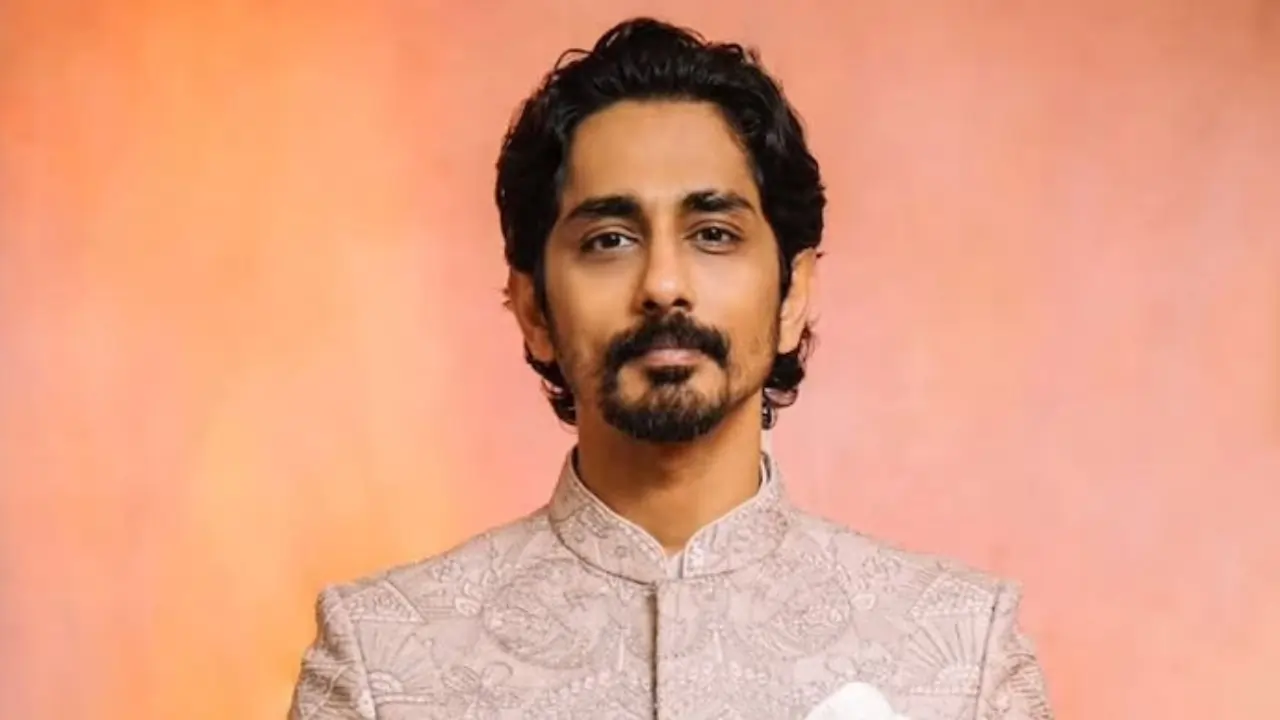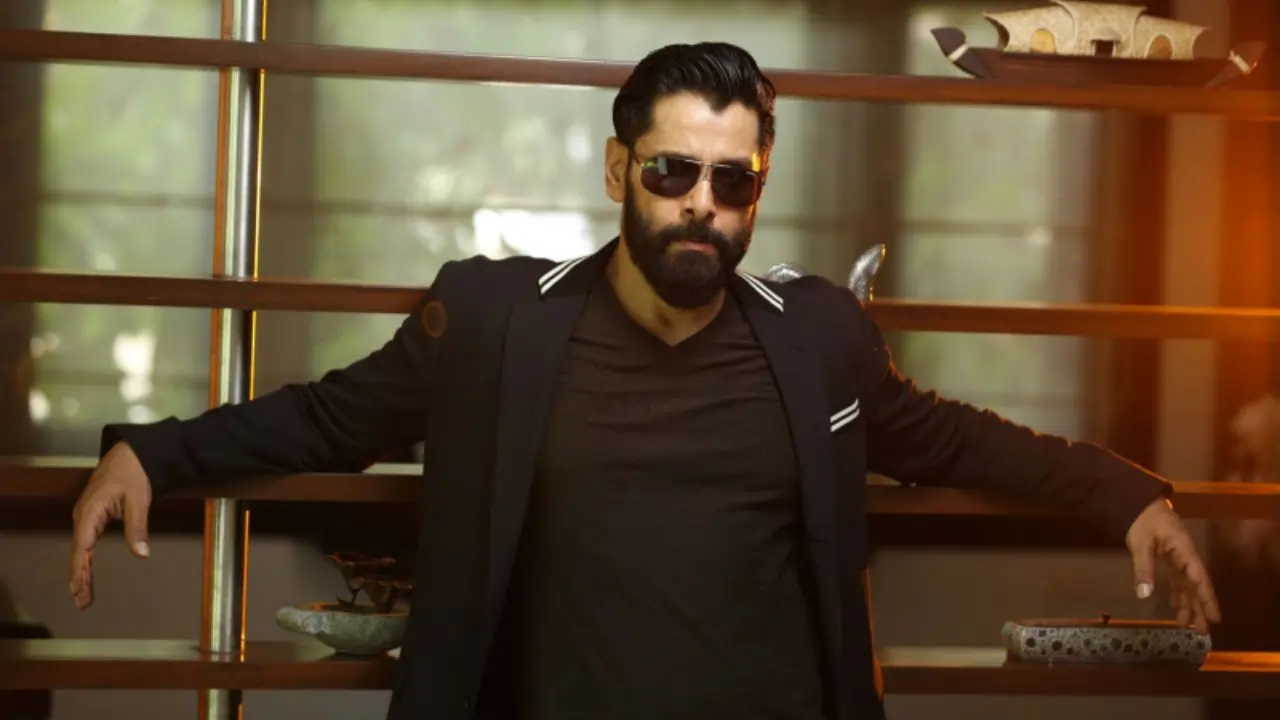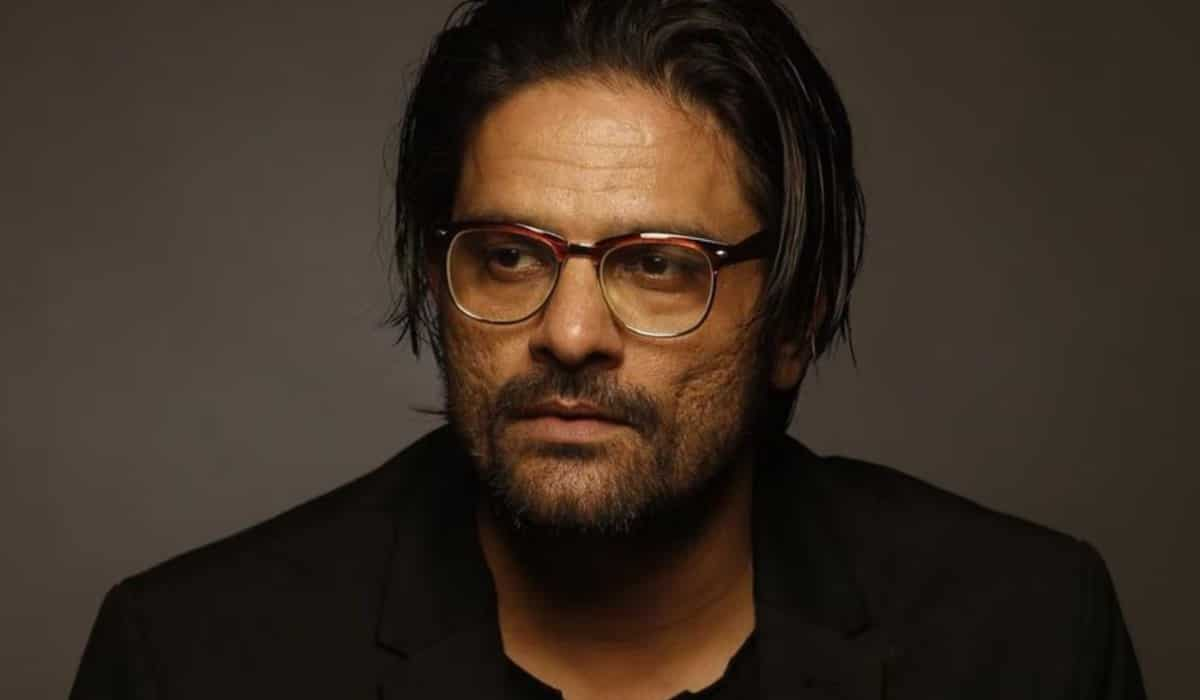
Asian TT: India’s three medals a boost of confidence
6 months ago | 5 Views
Mumbai: Before the Indian team left for the Asian Table Tennis Championships, Soumyadeep Roy gave another verbal reminder to his trainees Ayhika Mukherjee and Sutirtha Mukherjee about what they were out to achieve in Astana, Kazakhstan.
“We discussed that we had a very good chance for a podium finish in doubles,” Roy said.
A couple of years ago, this thought would have been rather audacious bordering on being fanciful. Now, it carried a more realistic ring. The Mukherjees proved it as well, signing off with a bronze medal on Sunday after their 4-11, 9-11, 8-11 defeat to Japan’s Miwa Harimoto and Miyuu Kihara.
To think that they ought to feel a touch disappointed in not getting past the Japanese pair — they had defeated them in the past — and grabbing a better medal could also well sum up India’s overall campaign in the elite continental competition.
India will bring home three medals, all bronze, in a significant jump from the solitary podium finish in the previous edition last year (men’s team). The women contributed to a couple of firsts, in the team event as well as in doubles. Apart from powerhouse China, India were the only nation to pocket medals across both the team events.
“Earlier, India would be looked at as an unpredictable opponent. Now, India is looked at as a dangerous opponent. That’s the feedback I’ve received from many people here,” Massimo Costantini, India’s foreign coach, said.
That there are positives to take away and build on from this tournament between Asia’s elite is without question — the depth in the women’s squad, some fine performances by the women in the team and doubles events, the singles victories by Manav Thakkar and Manush Shah against top 25 players.
What’s also evident, though, is the room for improvement. India had two bronze medallist pairs in men’s doubles in the 2021 edition; none went beyond the Round of 16 in Astana. The men’s squad did well to ensure a third consecutive team medal, although with Sharath Kamal — he is still India No.1 in men’s singles — nearing the end of his career, the others will have to step up.
Manav and Manush have for a while shown the promise to deliver performances like they did against world No.14 Jang Woo-jin and 23rd-ranked An Jae-hyun respectively but were unable to back it up with wins in the next round. The former, especially, has had a good year in his rise as the India No.2, and the 60th-ranked player scripted a couple of confident-boosting wins in Astana against 41st-ranked Kirill Gerassimenko and Jang.
“This tournament, and those couple of wins, gave me the belief that I’m in the right direction. I’ve been working for a long time, and this has given me a boost,” Manav, 24, said over phone. “I was able to match some top players in the past, but was not able to get the wins. Now, I’m starting to get it.”
India’s male paddlers have produced such sporadic sparks in the past, and the challenge for them remains to deliver better consistency and deeper runs in tournaments in singles.
“Consistency is the key. It shouldn’t be that I’m beating such top players once in a while. The players who are at the top, they’ve reached there beating the other top players on a regular basis. That is what I need to do,” Manav said. “I’m getting there, but to get into the elite list of players, the top 20 and 30, I need to work harder and a lot more on my fitness.”
For the women, gold medallists Japan showed the gulf in class — although not as wide as before — in the team semi-finals, while Manika Batra, the only woman to make it to the singles Round of 16, was shown the door by teen Miwa.
“We have to be realistic,” Costantini said. “We still have work to do to get stronger, and to get closer to countries like Japan which are truly up there.”
Ayhika and Sutirtha do believe they are truly up there in doubles, and this medal will act as a significant reinforcement a year after their Asian Games bronze medal. Roy, who coaches them at the Dhanuka Dhunseri Soumyadeep Poulomi TT Academy, reckons they have become better at playing the aggressive game to complement their solid defence over the past 12 months.
The mental transformation has been bigger. From that rather shocking medal in Hangzhou to this stamping reassurance in Astana, there has been a mindset shift in the soft-spoken duo from Naihati ranked 15th in the world now.
“Winning the Asian (Games) medal gave a lot of confidence to them as a pair,” said Roy. “The mindset is very strong now and they go into every match knowing they can beat anyone. We now believe that we are at a level where we can fight against the top 10 pairs, and also beat them. And not just once or twice.”
Read Also: Harmanpreet Singh headlines new HIL players auction
HOW DID YOU LIKE THIS ARTICLE? CHOOSE YOUR EMOTICON !





















